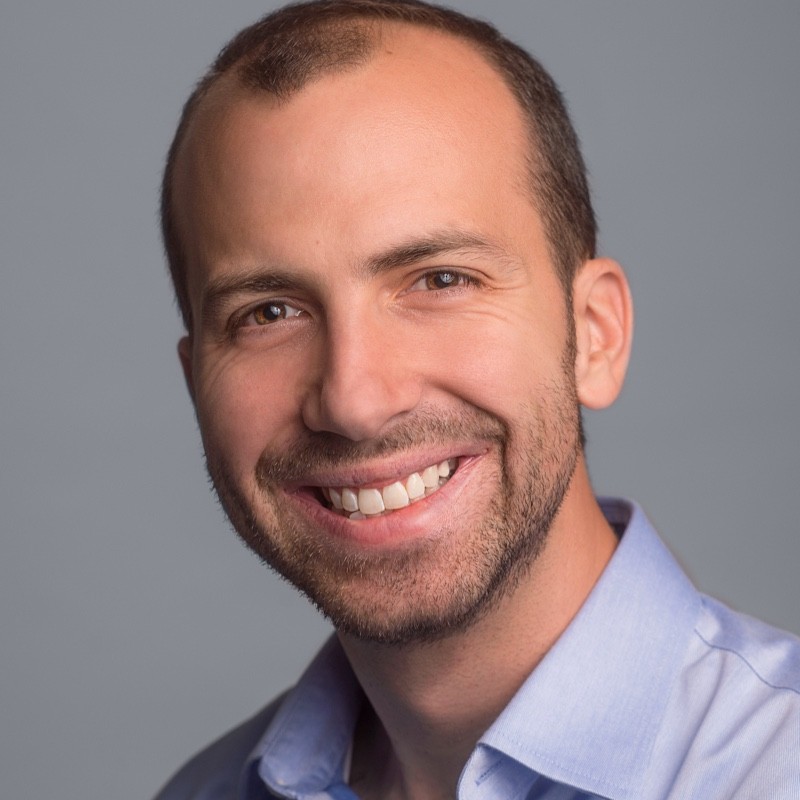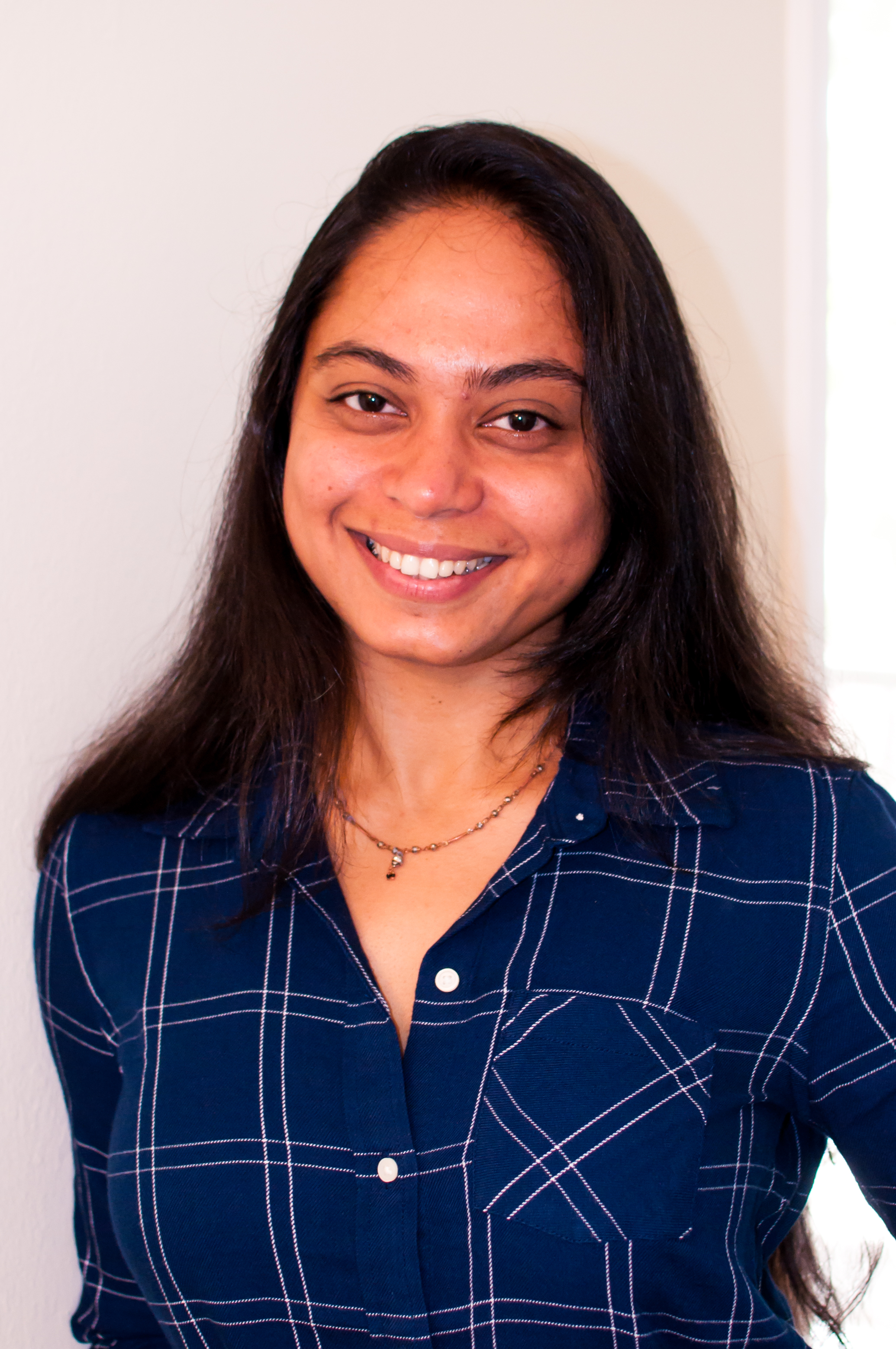Program
Cloud Intelligence / AIOps Workshop Program
September 1st, 2022Venue: Santa Clara Convention Center
9:00 - 9:10am
Opening
9:10 - 10:00am
Keynote: Advances in ML for Systems in Microsoft Azure
Ricardo Bianchini, Microsoft Research
Break
11:00 - 11:45am
Technical Paper Session
A Survey of Multi-Tenant Deep Learning Inference on GPU
Fuxun Yu, Yongbo Yu (George Mason University); Di Wang (Microsoft); Minjia Zhang (Microsoft AI and Research); Longfei Shangguan (Microsoft); Chenchen Liu (University of Maryland, Baltimore County), Tolga Soyata (GMU); Xiang Chen (George Mason University)
CWP: A Machine Learning based Approach to Detect Unknown Cloud Workload
Derssie Mebratu, Mohammad Hossain, Niranjan Hasabnis, Jun Jin, Gaurav Chaudhary, Noah Shen (Intel)
Multi-level Explanation of Deep Reinforcement Learning-based Scheduling
Shaojun Zhang (USYD); Chen Wang (DATA61, CSIRO); Albert Zomaya (The University of Sydney)
Lunch break
1:30 - 2:00pm
Project Showcase Session
Auto-scaling for Spot and On-demand VM Mixture
Fangkai Yang, Bo Qiao, Eli Cortez, Inigo Goiri, Chetan Bansal, Si Qin, Victor Rühle, Qingwei Lin, Dongmei Zhang (Microsoft)
LOGIC: Log Intelligence in Cloud
Lingling Zheng (Microsoft); Xu Zhang (Microsoft Research); Ze Li, Cong Chen (Microsoft); Shilin He, Liqun Li (Microsoft Research); Yu Kang (MSRA); Yudong Liu (Microsoft); Qingwei Lin (Microsoft Research); Yingnong Dang, Murali Chintalapati (Microsoft)
Break
2:30 - 3:00pm
Closing Keynote: ML for Building an Efficient Cloud
Neeraja J. Yadwadkar, University of Texas at Austin
Break
3:30 - 4:30pm


